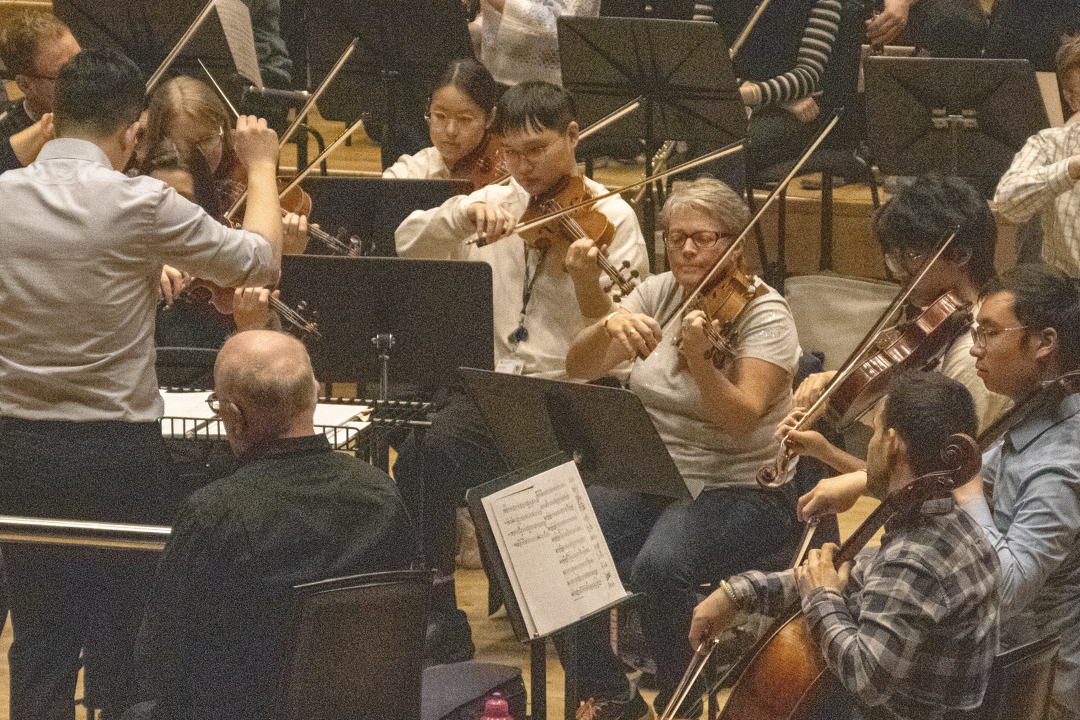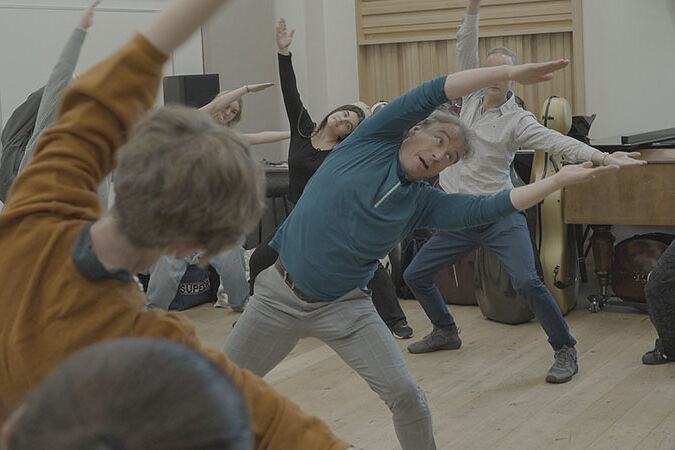When students join the Applied Theatre course at BCU we give them each a little directory, with contact details and information about small-scale professional theatre companies working in the Birmingham area.
We encourage them to visit these companies, watch them at work, develop their relationships and learn from their example. There are currently 60 companies in this directory. It always shocks people to find out that, even in this time of severely restricted funding for arts work, youth work, community support, there are so many groups out there creating drama in schools, colleges, hospitals and prisons. But the fact that this work is there, even if it is harder to see and much harder to maintain than the large scale theatre that we all know about, is itself an indication of the level of commitment of the people who work in it. For our course, these dedicated individuals and companies are crucial partners in helping our students gain the skills and understandings that they need.
Key partners include Women and Theatre, The Playhouse and Big Brum, all three companies with more than 30 years’ experience creating new work, for school and community audiences, across a wide range of subject-matter and styles of work. They come in and run sessions, students go on placements with them, they offer internships and employment to our graduates. Even older than these three, Banner Theatre, established 47 years ago by Charles Parker, is one of the oldest political theatre companies in the country, still performing last month, when we took some students to watch their commemoration of The Battle of Saltley Gate. For us, this work gives us many crucial opportunities for students to experience the range of Applied Theatre, because it is through this real experience that they learn the full value of the work, and the ingredients of the best possible practice.
Specialist Theatre companies like the country’s leading Prison Theatre, Geese, based in Moseley, and the HeARTh Centre in Kings Heath focused on mental health, and Loudmouth in Balsall Heath, Stan’s Cafe in Digbeth are regular visitors to Millennium Point to perform to or work with our students. They would all acknowledge that the value of this connection runs both ways. As the only Applied Theatre course in the region, we take seriously our responsibility to this sector of work – our students are the strongest source of actors, devisers, writers and directors for this work, and several companies fill vacancies simply by auditioning RBC graduates. In addition we are beginning the work of archiving this unheralded and under-appreciated area of work, and providing a focus for its study and research.
Birmingham is unusually fortunate in its surviving small-scale theatre sector, and although the names above may not be familiar, many people in the city will have at some point come across their work, or that of Open Theatre – another key partner who work with a group of students every year in Special Schools, or Handsworth-based Hanyong, with whom we partnered last year on Orange Polar Bear – a long-term collaboration with the National Theatre Company of Korea, aimed at teenagers in Birmingham and Seoul, which involved students creating workshops for young people who watched the play.
The partnerships we have with these companies are crucial to the success of the course, and the access we have from them is second to none, making it a really positive feature of the course for prospective students. What better underpinning of the value of a degree could there be than the regular opportunity to work with and learn from professional practitioners in real-life situations week in week out. It is one of the many ways in which studying Applied Theatre at the Conservatoire is proving uniquely valuable.






